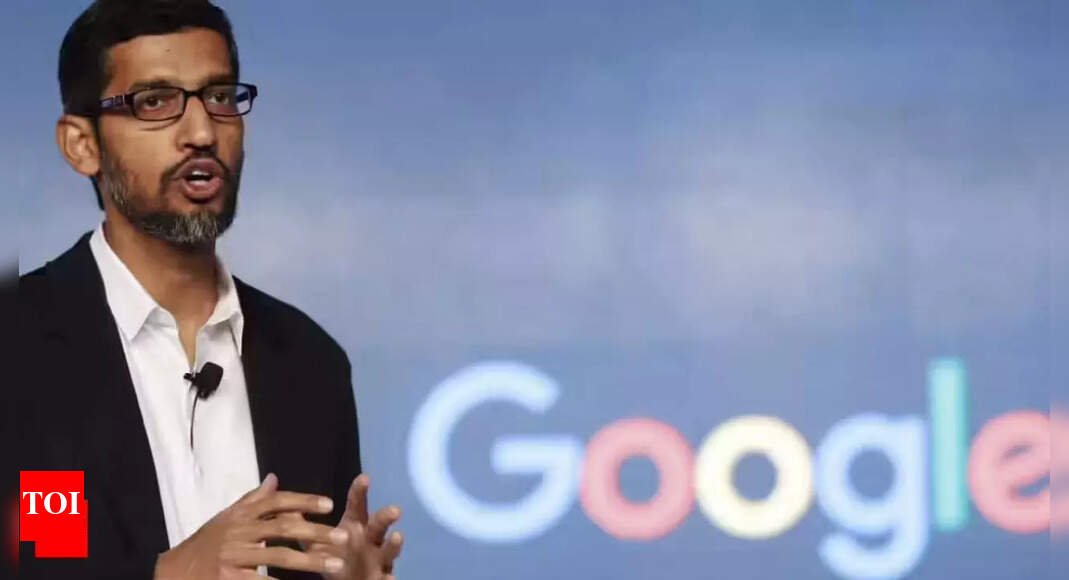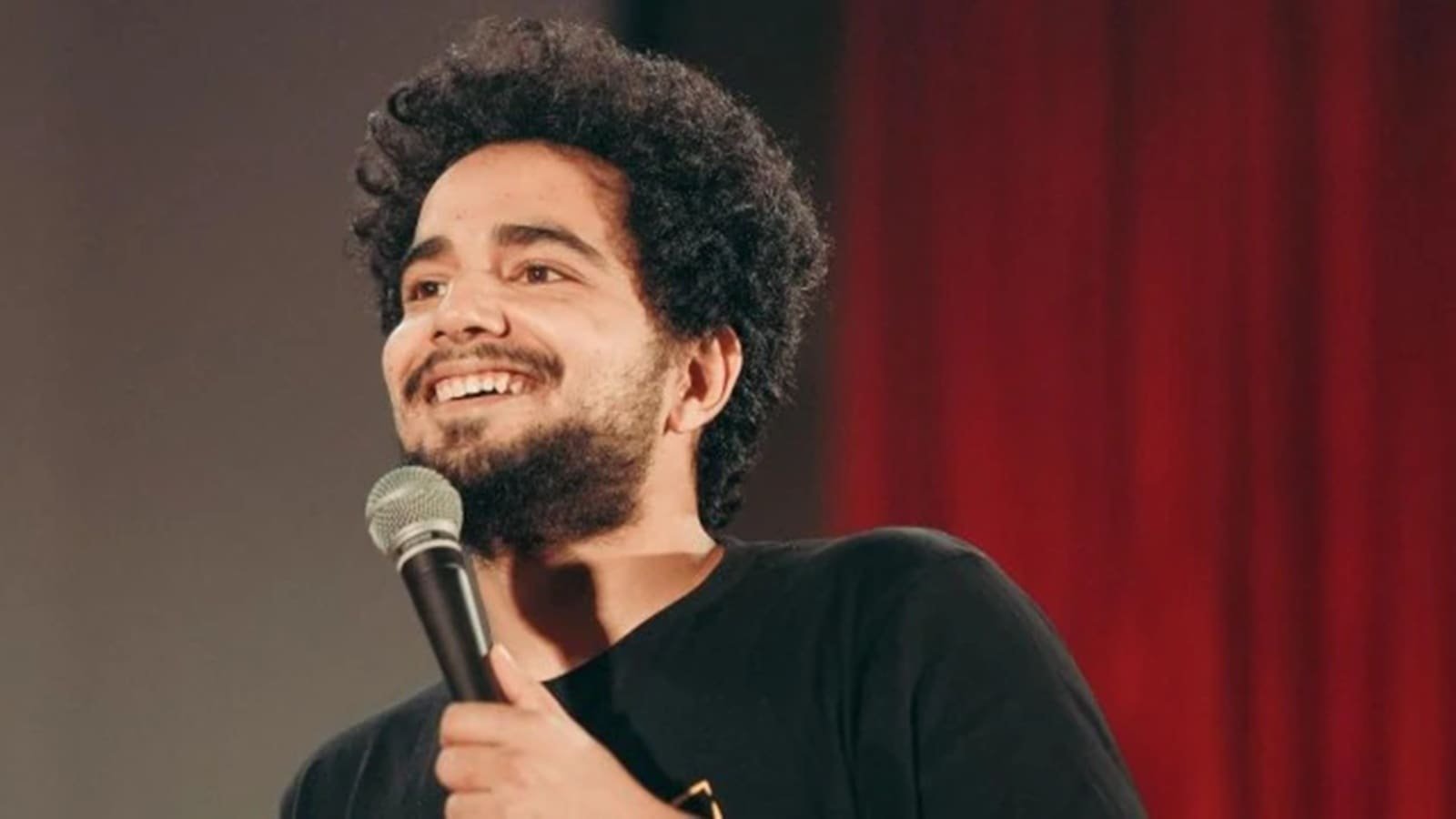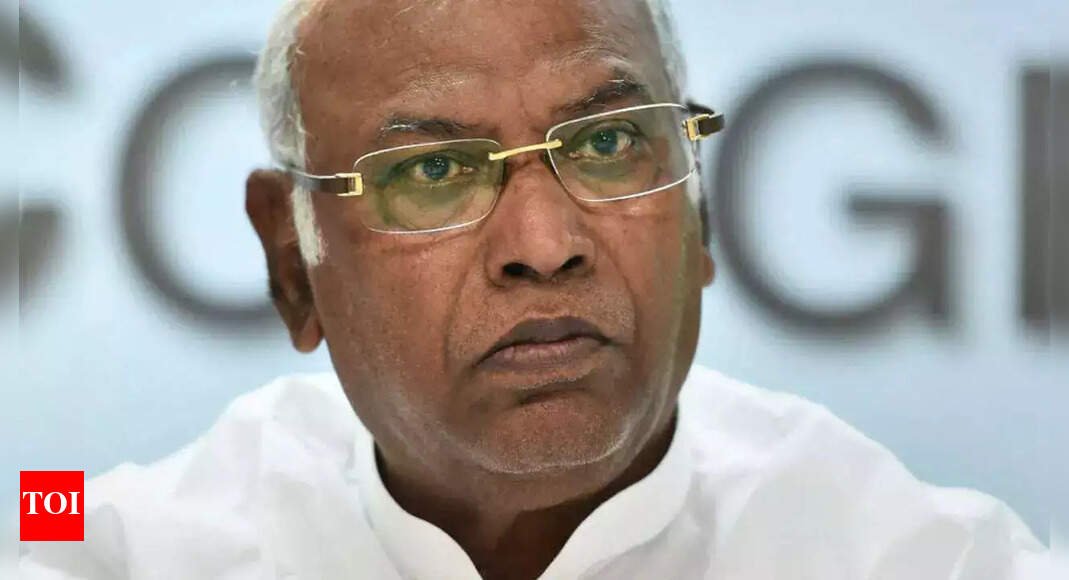Google CEO Sundar Pichai recently shared a post on X announcing a new breakthrough in quantum algorithms. “Our Willow chip has achieved the first-ever verifiable quantum advantage,” Pichai wrote in the post, adding it is “13,000x faster than the best classical algorithm on one of the world’s fastest supercomputers”. Pichai’s post caught the attention of Tesla CEO Elon Musk. The tech billionaire replied to Pichai’s post saying “Congrats. Looks like quantum computing is becoming relevant.”
What Sundar Pichai wrote in the post
“Announcing the major breakthrough, Sundar Pichai wrote “New breakthrough quantum algorithm published in @Nature today: Our Willow chip has achieved the first-ever verifiable quantum advantage.Willow ran the algorithm – which we’ve named Quantum Echoes – 13,000x faster than the best classical algorithm on one of the world’s fastest supercomputers. This new algorithm can explain interactions between atoms in a molecule using nuclear magnetic resonance, paving a path towards potential future uses in drug discovery and materials science.And the result is verifiable, meaning its outcome can be repeated by other quantum computers or confirmed by experiments.This breakthrough is a significant step toward the first real-world application of quantum computing, and we’re excited to see where it leads.”
Why Google ’s Willow chip experiment matters
The achievement marks a historic breakthrough in quantum computing. For the first time ever, a quantum computer has performed a complex, verifiable calculation faster than any supercomputer could — about 13,000 times faster. This moment is being called a “verifiable quantum advantage.”Using Google’s Willow quantum chip, researchers ran an advanced algorithm called Quantum Echoes (or OTOC — out-of-order time correlator).This algorithm helps scientists study how information spreads in quantum systems — things like molecules, magnets, or even black holes.The key part: the result was verifiable and repeatable, meaning other quantum computers could confirm it independently.




